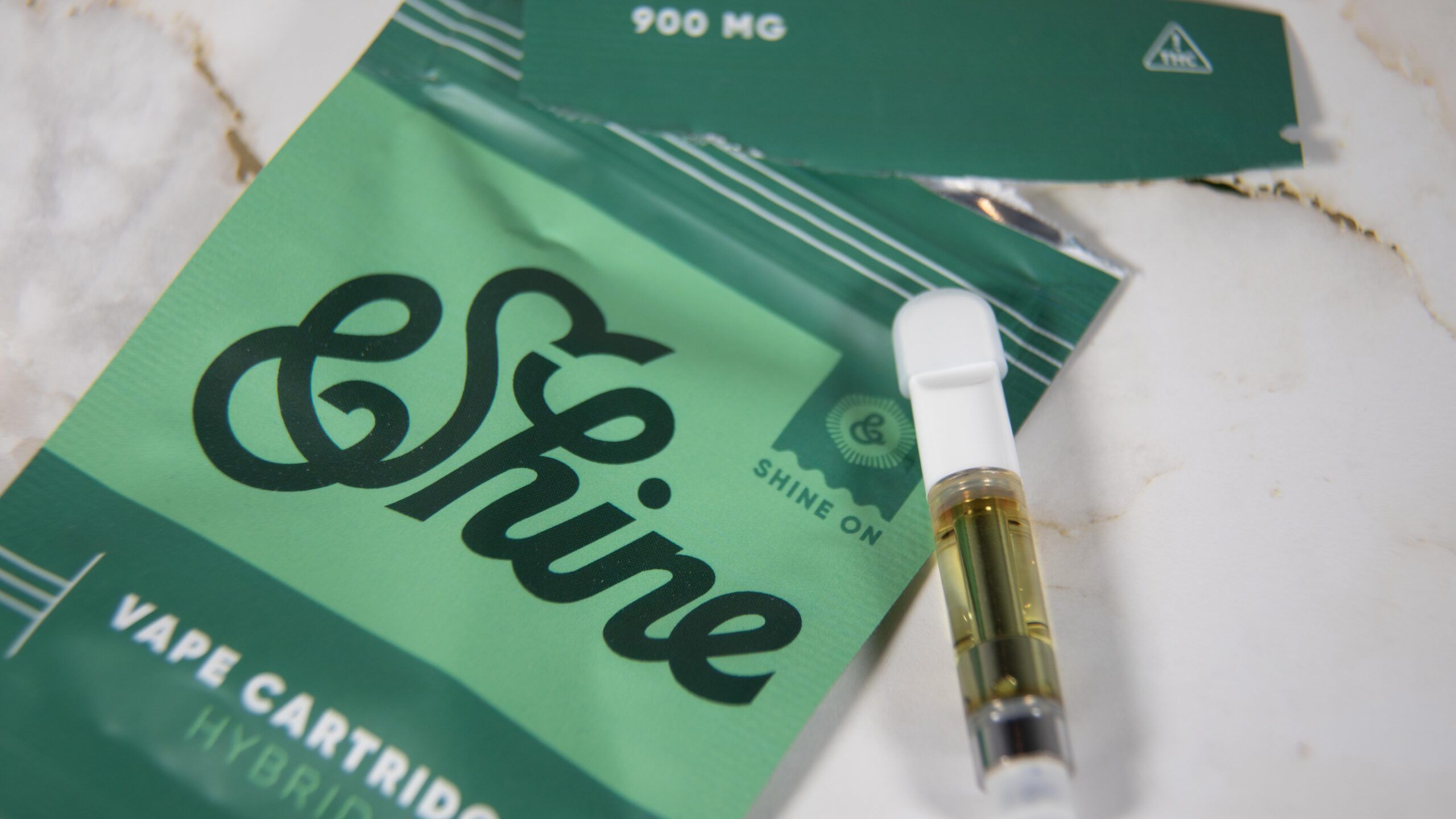Veteran vapers know that enjoying vape oil is often a shared experience. But sharing devices and juice requires responsibility, respect, and safety. We’ll outline key etiquette and hygiene practices, that we’ll ensure everyone has a safe and enjoyable vaping experience.
1. Ask Before You Pass
A simple “May I borrow a puff?” opens conversation and shows respect. Veterans on vaping forums emphasize that asking permission avoids awkward moments and sets clear social boundaries.
2. Step Outside or Stay Stealthy Indoors
Though vaping is sometimes treated like smoking, it’s best reserved for designated areas. Etiquette guides recommend stepping outdoors or into marked zones, even in private homes, to minimize exposure for non-vaping bystanders.
3. Respect the Non‑Vapers
Vape emissions may contain toxins like formaldehyde and benzene. Even brief exposure could irritate non‑vapers, especially children or those with respiratory conditions. Keep clouds to a minimum and blow away from others, particularly in tight or indoor spaces.
4. Never Share Mouthpieces
Swapping vape pens or mouthpieces can spread germs—and in worst-case scenarios, lead to vape spiking. Reports warn that shared devices have been tampered with, sometimes containing unknown substances like GHB or ketamine. Always use a clean mouthpiece or carry your own.
5. Practice Safe Hygiene
Veteran users stress the importance of cleaning devices regularly—especially mouthpieces, pods, and reservoirs. This reduces bacterial builds and protects against shared pathogens. Vaping-associated lung injury alerts also urge against communal devices, pointing to COVID‑19 and other infectious risks.
6. Control Nicotine Intake
Vape users should know their device’s wattage and nicotine strength. High power combined with high–nicotine vape oil increases risks of nausea or headaches. Experienced vapers recommend starting low and going slow—incrementally increasing strength or session lengths, while monitoring tolerance.
7. Store and Charge Responsibly
Battery safety is crucial. The FDA recommends avoiding overnight charging and using quality chargers to minimize fire risks. Proper storage—away from extreme heat or flammable materials—also helps prevent accidents.
8. Dispose of Waste Mindfully
Responsible vapers always dispose of empty bottles, pods, and coils properly. Littering vape supplies shows disregard for both environment and community perception.
9. Educate Through Example
Veterans set the tone by modeling best practices: asking for permission, choosing the right spot, and keeping devices clean. By leading with courtesy, they help destigmatize vaping while promoting safety and respect.

